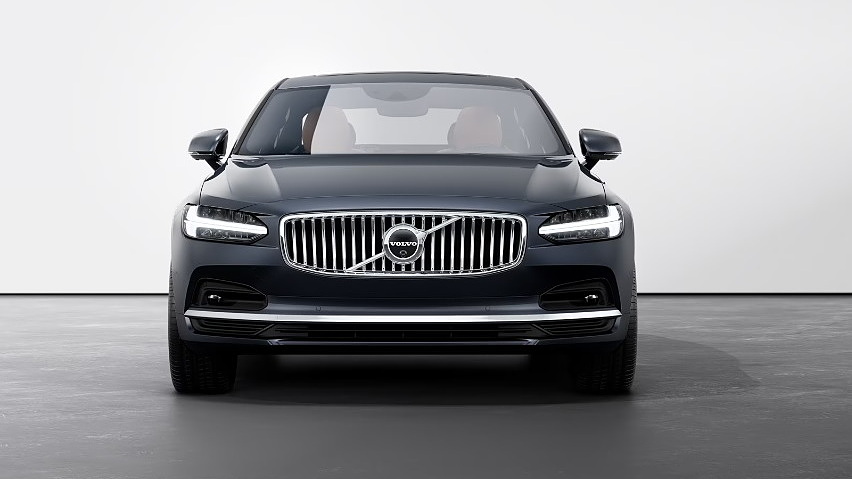As the first global car maker to announce such a switch, Volvo aims to achieve an immediate reduction in fossil CO2 emissions from intercontinental ocean freight by 55,000 tonnes over a year. Thanks to renewable fuel, CO2 emissions are reduced by at least 84 per cent compared to fossil fuel. The reduction is equivalent to the CO2 emissions of a full truck driving around the equator about 1,200 times.
The fuel used is Fatty Acid Methyl Esters (FAME) and is based on renewable and sustainable sources, mainly waste cooking oil. No feedstock related to palm oil or palm oil production is used.
The company will use renewable fuel for inbound ocean container transports of production material destined for manufacturing plants based in Europe and the Americas, as well as all spare parts distribution made globally by ocean container transports.
“Renewable fuel is not the end game for removing CO2 from the world’s ocean freight needs,” says Javier Varela, our Chief Operating Officer and Deputy CEO. “Yet this initiative shows that we can act now and implement solutions that achieve significant results during the wait for long-term technological alternatives.”
“We don’t view this initiative as a competitive advantage,” Javier adds. “On the contrary, we want to spark other car makers into action as well, to increase demand for carbon efficient ocean transports and to establish renewable fuels as a mid-term solution that works. We all have a responsibility to act.”
The renewable fuel itself is certified and not produced in competition with food crops. It is therefore sustainable in accordance with the EU Renewable Energy Directive.
“We’re continually exploring sustainability opportunities across all aspects of our supply chain, and across our overall business,” Javier Varela says. “Our list of initiatives keeps growing as we work towards our ambition of becoming a climate neutral company by 2040.”
Tags: Biofuels, CO2 Emissions, Volvo Cars



Recent Posts
Himachal Pradesh Plans Major Boost to Public Transport with E-Buses and Digital Upgrades
Ammonia-Fueled Container Feeder Design Marks Progress in Maritime Decarbonisation
ABS Develops Industry-Leading EV Battery Fire Simulation Modeling
Wilhelmsen Ships Service Joins the Maritime Battery Forum to Accelerate Maritime Electrification
Indian Student Team Wins Communication Prize at Monaco Energy Boat Challenge 2025
Babcock’s LGE Business Secures Contract for Marine Ammonia Fuel System to Advance Shipping Decarbonisation
Associated Terminals Deploys Liebherr’s All-Electric Cranes in Landmark Move Toward Cleaner Cargo Handling
Sanmar delivers fully electric emissions-free tug to major global operator Svitzer